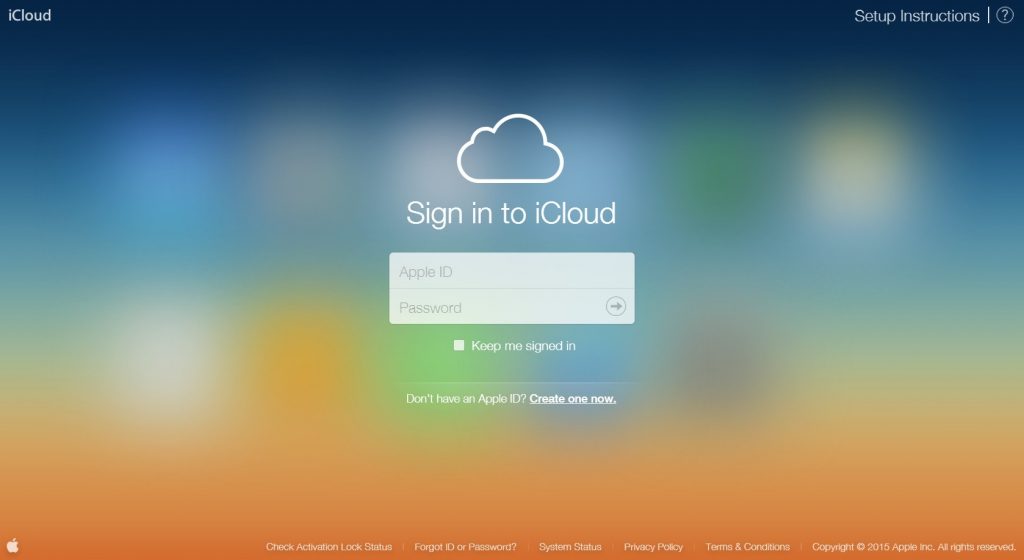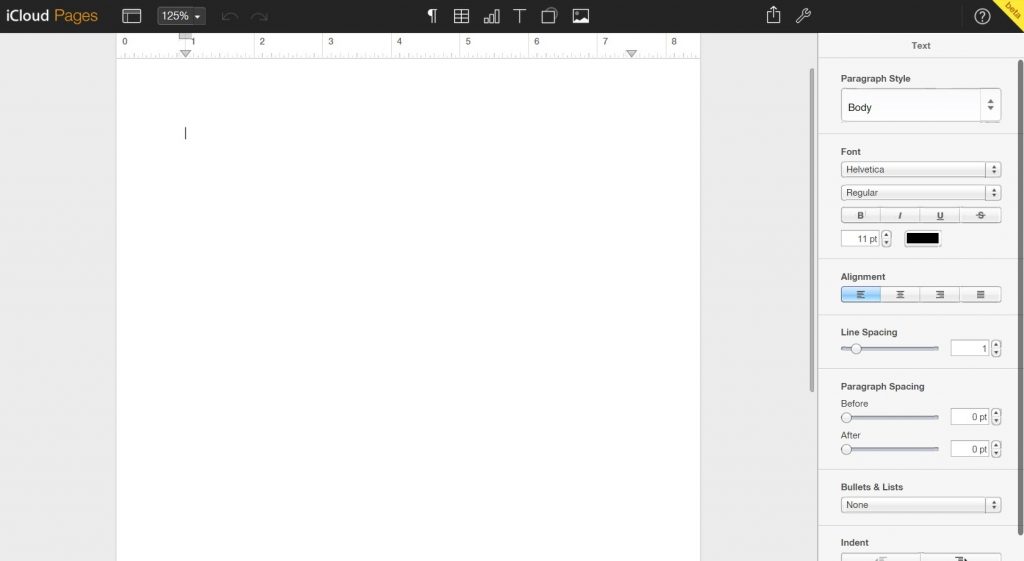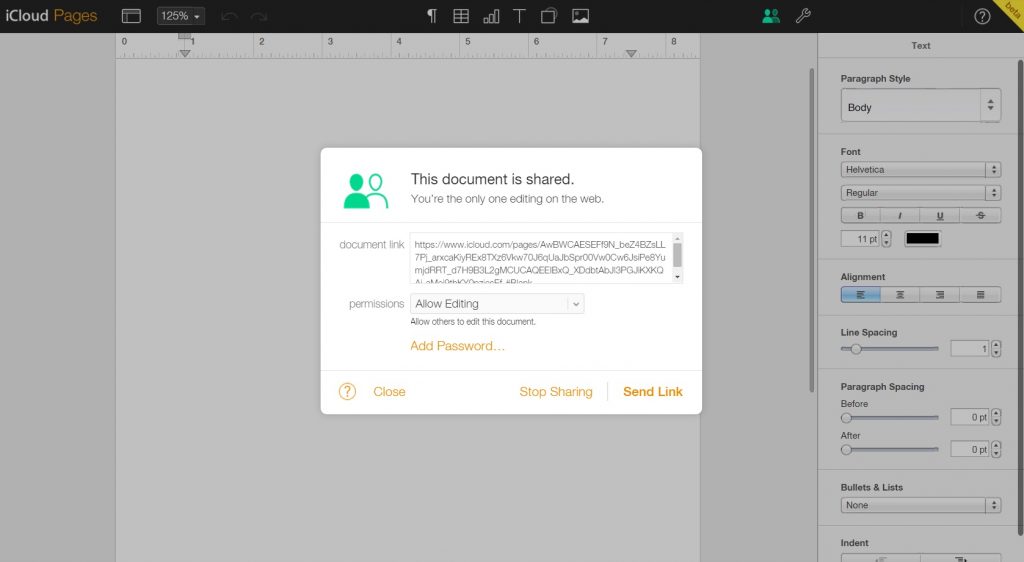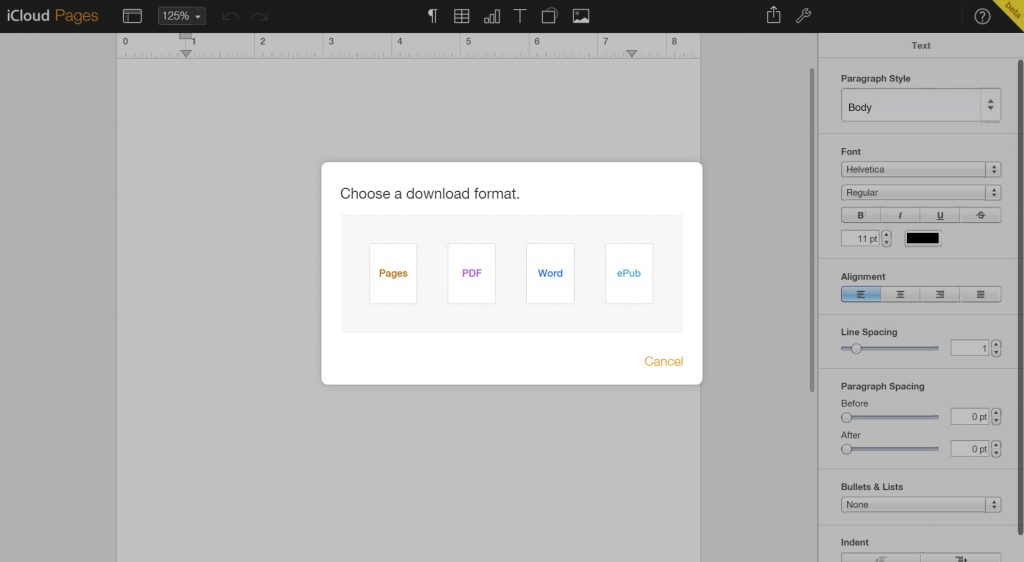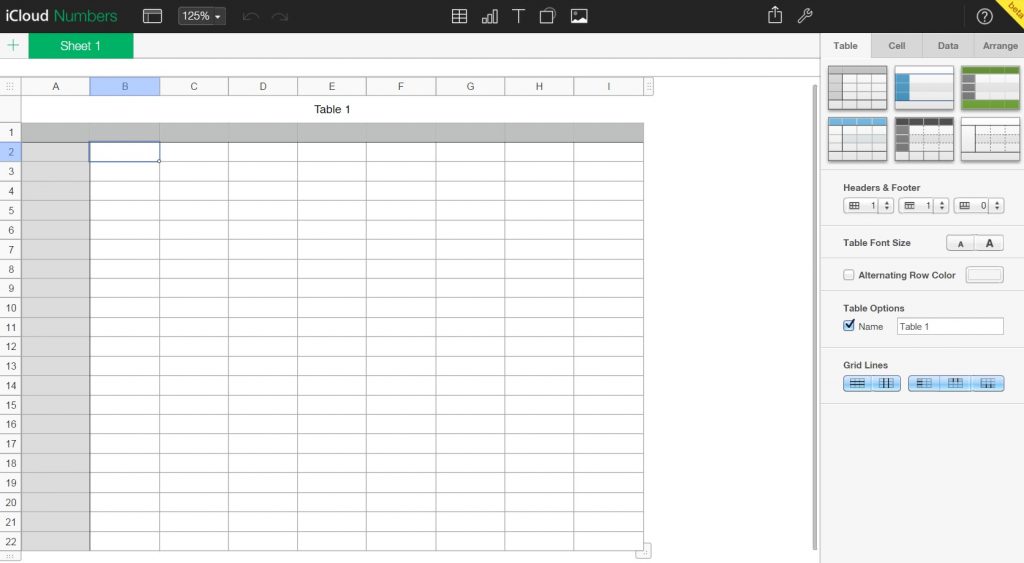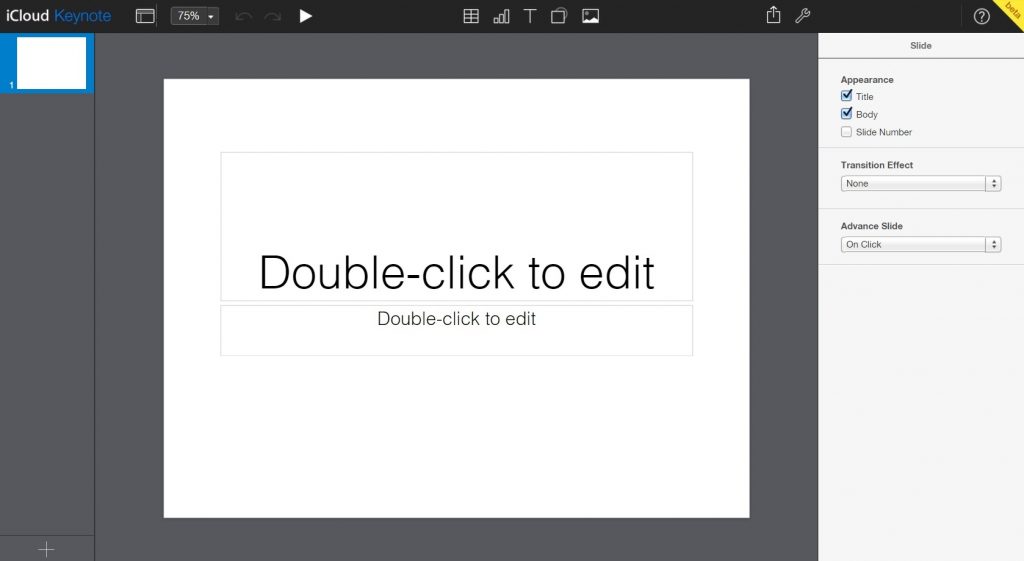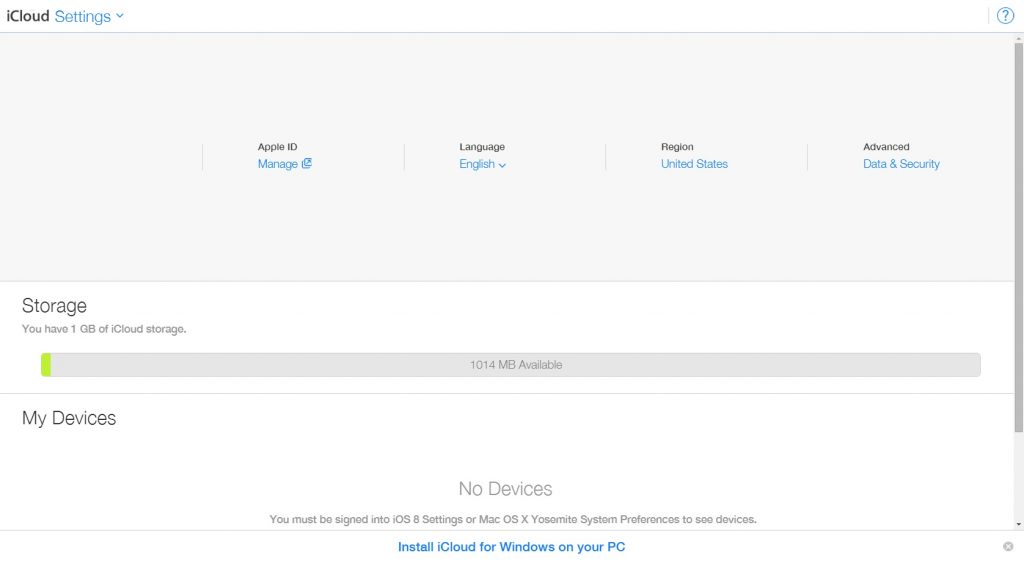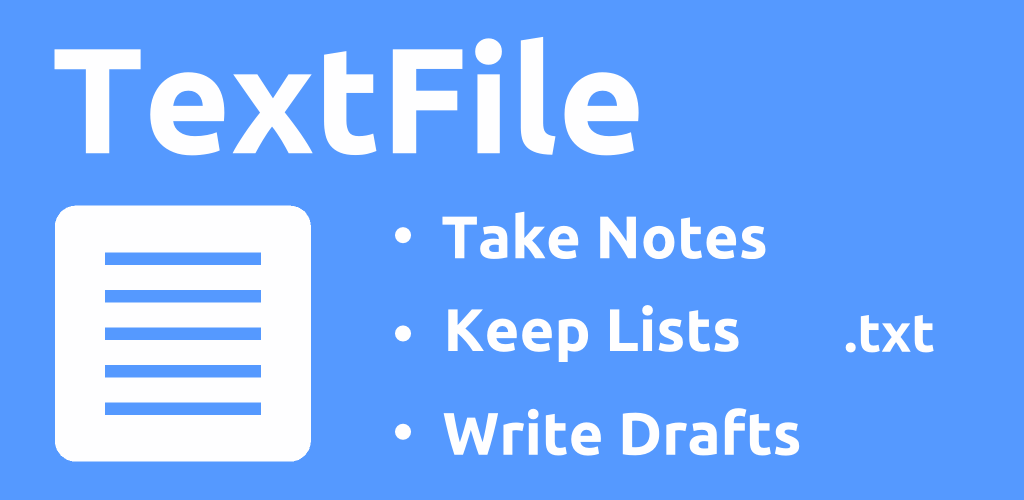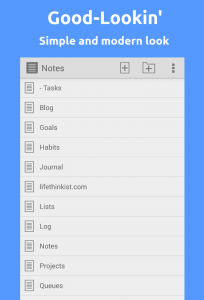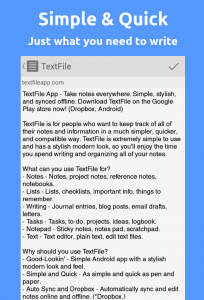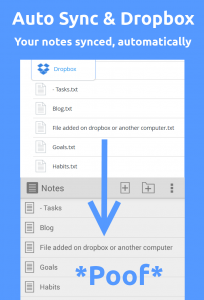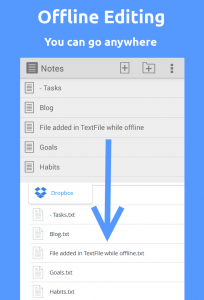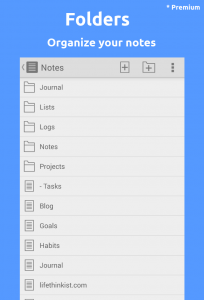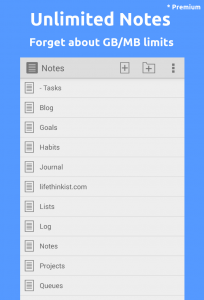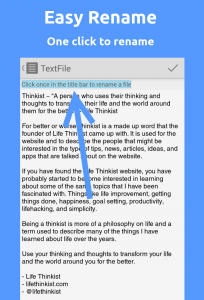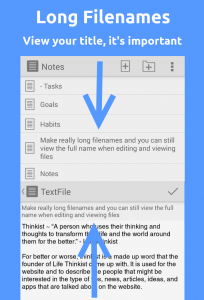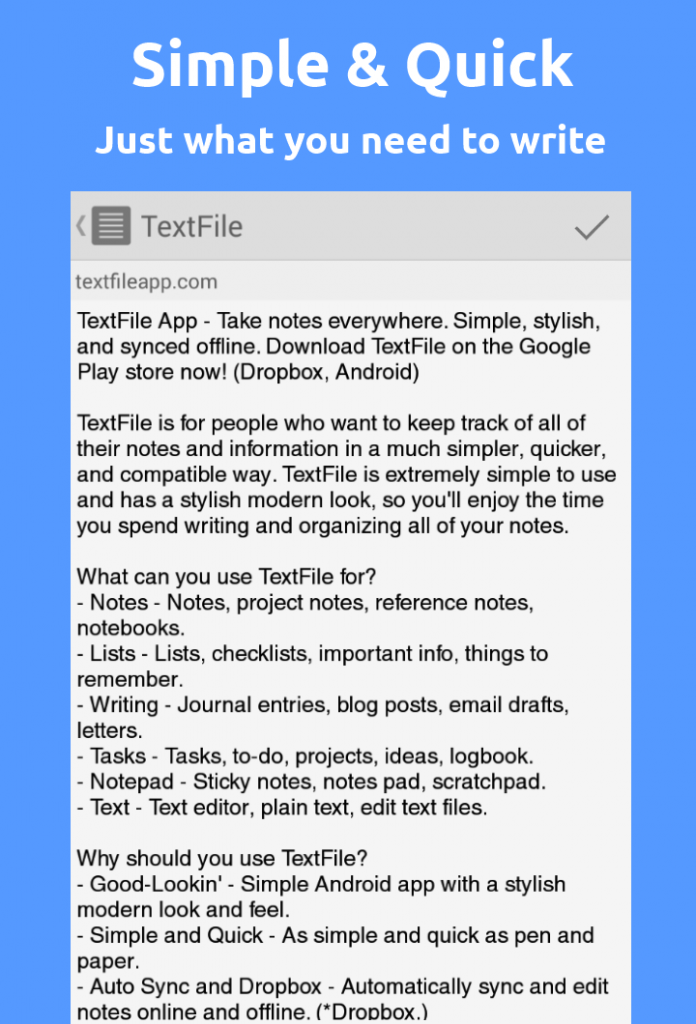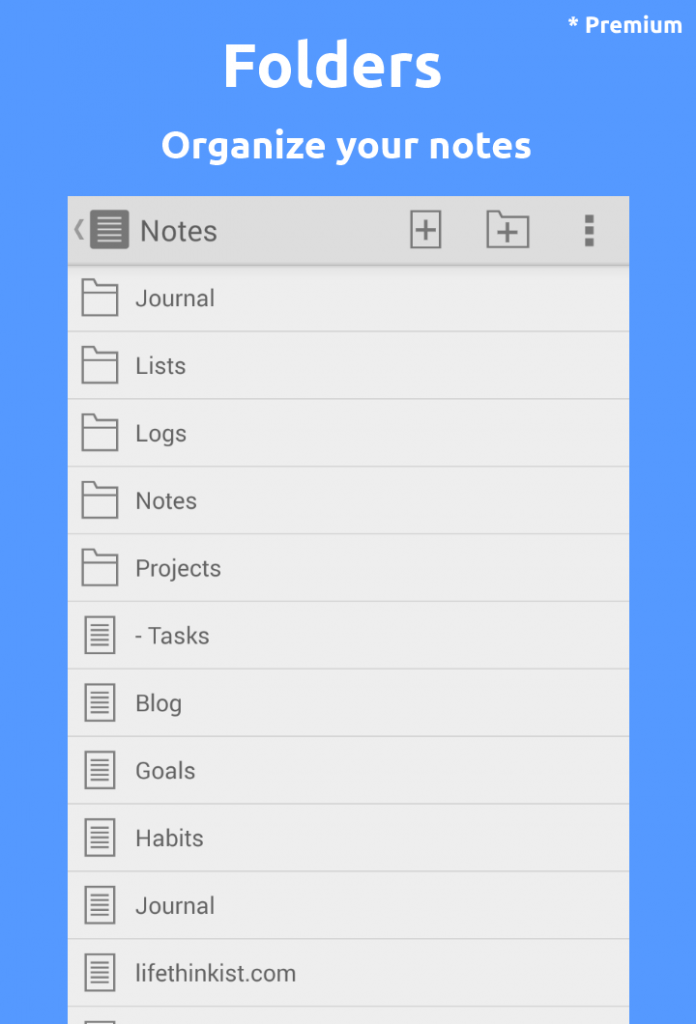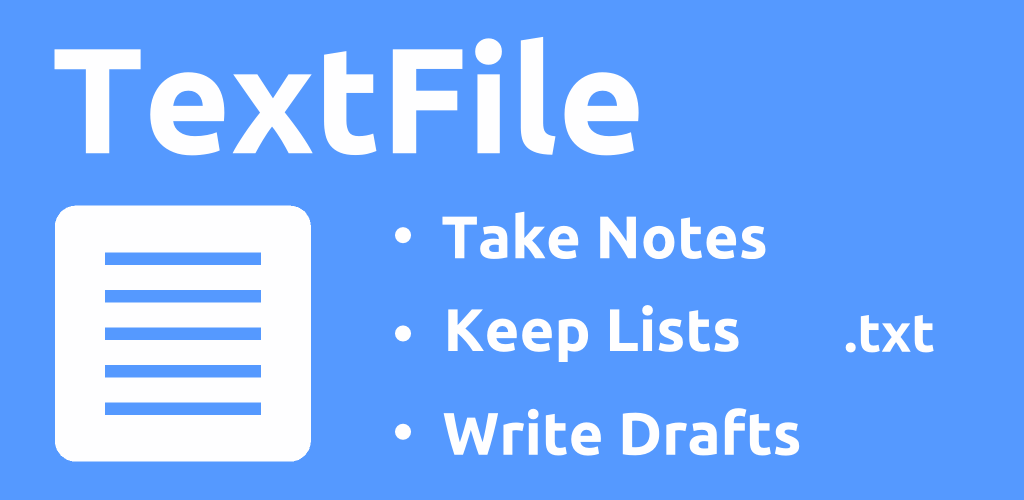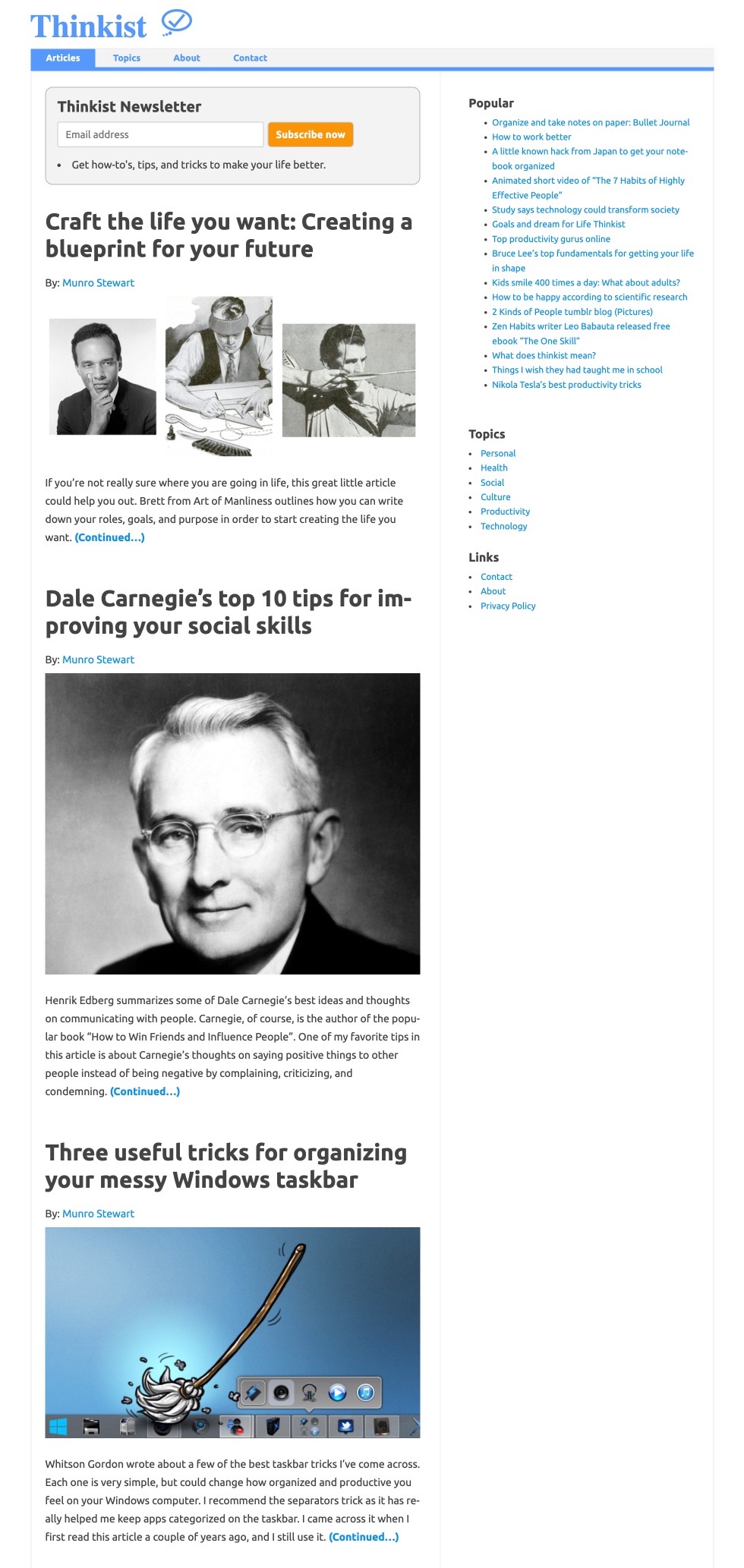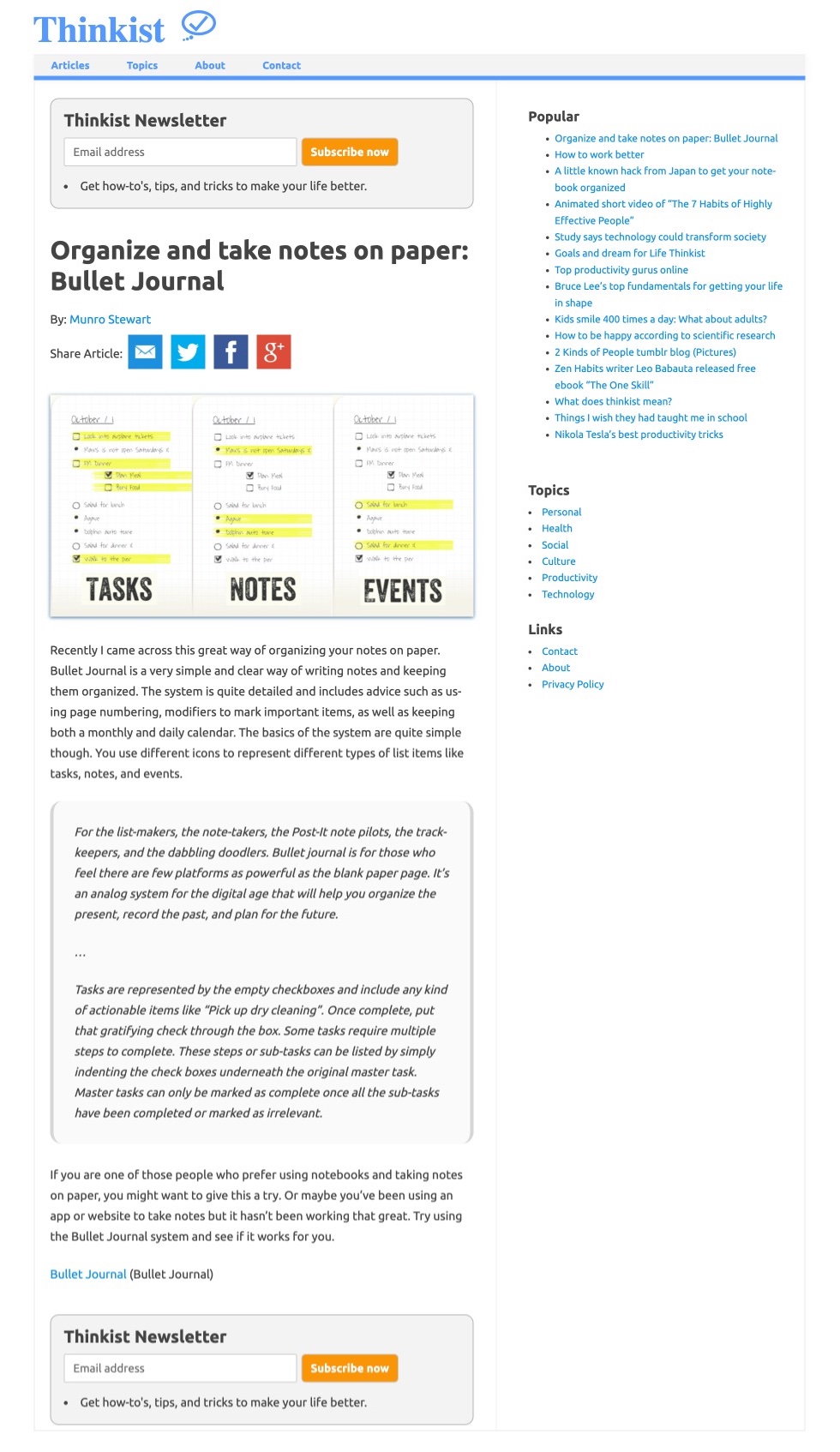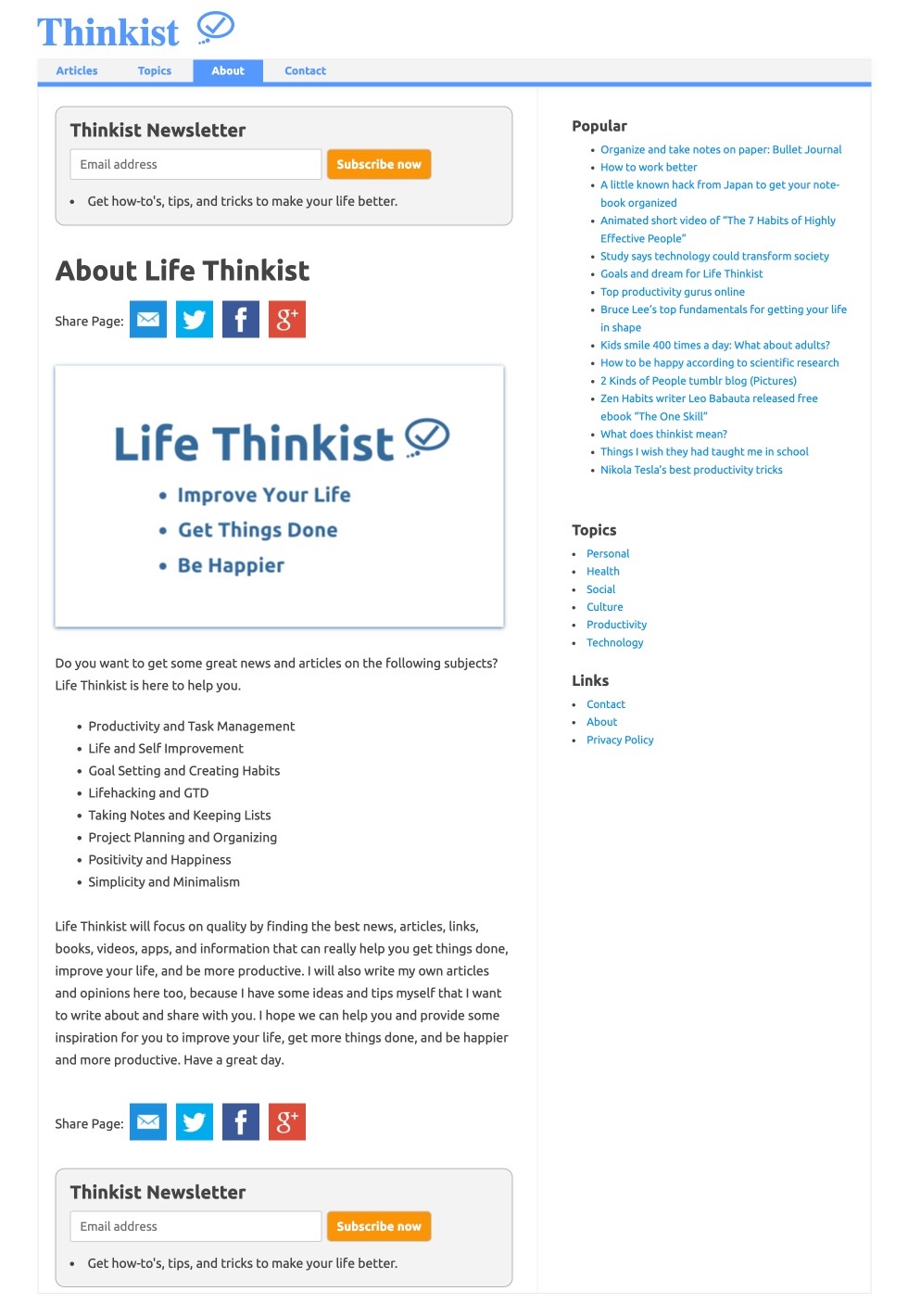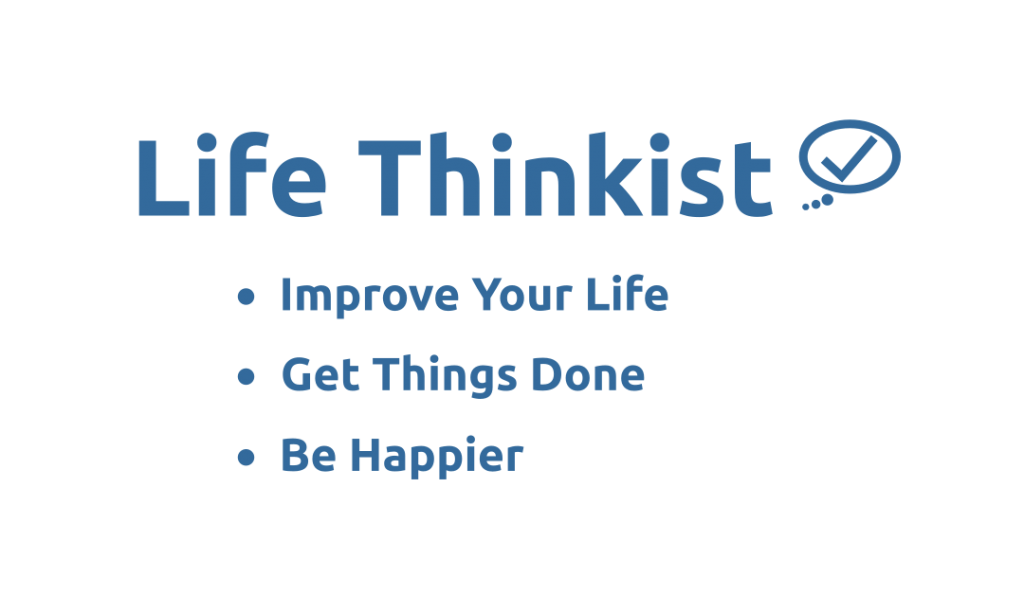This is a respone to an article titled 'The world doesn't need an Apple tablet, or any other', by Joe Wilcox of BetaNews.
It's an interesting article where he basically states that tablet computers can't become as popular as PCs, laptops, mp3 players, and smartphones, because it is a niche product and is too much of a middle product between laptops and smartphones. He has some interesting points. Tablets have definitely had trouble becoming mainstream devices and part of that problem has been overlapping market segments and the fact people may not buy four separate computers including a desktop, laptop, tablet, and phone.
I disagree with his article though. The main reason that I believe tablets will succeed and become popular is because I think they will replace laptops for regular users. It's that simple. Eventually, a typical home user will have a desktop all in one computer, a tablet portable computer, and a mobile smartphone. They may have only one or two of them. So the addressable market is anyone who currently owns a laptop or netbook. Below are some points answering some of the questions he poses. These advantages that a tablet has over a laptop and other reasons are why I think Apple's tablet and other tablets will replace laptops and netbooks.
One Good Point Is That Tablet Computers Won't Have A Keyboard
Not having a regular keyboard is the big issue and a really good point. It was the same argument with the iPhone and makes an even better argument for tablets trying to replace laptops. But while touchscreen typing isn't as quick as a physical keyboard I think it will be good enough for a lot of people to provide the other benefits that a tablet computer gives you over a laptop. Also it will be better than an iPhone, allowing for four, six, or eight finger typing. That was a weird sentence I know. Anyway, there will eventually be small wireless keyboards that you can take on longer trips that work with tablets for whenever you can get to a desk and stand your tablet up. Or you can sync and do your longer typing on your desktop. I will admit that I think that touchscreen tablets that also have a keyboard like a traditional laptop will be popular for quite awhile, but I do think the great form factor of a tablet will be extremely popular as well and will win over every day users who don't need to type long articles. Just as now the iPhones and iPod Touch are quite popular but so are Blackberry devices and the Palm Pre with a hardware keyboard.
1. People Will Use An Apple Tablet To Do Everything That They Currently Do On A Laptop, But It Will Provide A Better Experience For Doing Those Things
It's not that new technology allows you to do new tasks usually, but it provides a better experience, is easier to use, provides a quicker way to carry out those tasks, and is more portable allowing us to use it in different places. A typewriter or paper and pen can help you write documents just like Microsoft Word can on a computer. A record player can play music just like an mp3 player can. But new and continually improving technology makes a better experience for completing all the tasks we do in life. Tablet computers will provide a better overall experience than laptop computers for many tasks, eventually replacing them or at least merging most of its technology with them. And it will certainly provide a better experience for many tasks than smartphones do, even if it is less portable.
2. A Tablet Has A Bigger Screen Than An Iphone And Also A Larger Keyboard
Screen size is a big determining factor in what the experience is like when doing things on a gadget or device. Again, a tablet's larger screen won't necessary allow you to do new tasks that an iPhone doesn't do, but it will make the experience better. A tablet will make reading, writing and watching videos much more enjoyable and simpler to do on a tablet compared to an iPhone. Many other tasks will be better as well including looking at pictures, browsing the web, email and communication, games, and shopping. Basically anything you use a computer for can be improved in some way with a larger screen. You can't underestimate how much screen size can improve an experience. The tablet will also have a larger keyboard and some other features that are better than the iPhone, such as possibly a webcam and a good video chatting experience. But the screen size alone gives it a completely different and better experience for many tasks than a smartphone.
3. A Tablet Computer Is More Portable Than A Laptop
Portability and size of computers are also big factors in determining your experience with a computer and when, where, and how often you will use them. Laptops, PDAs, and most recently netbooks and smartphones have allowed people to use technology while being more portable. A tablet certainly isn't as portable as a smartphone that you put in your pocket but it doesn't need to be. It's more portable than a laptop and easier to quickly take and use somewhere, whether that is to another room in the house, out for the day, or on a vacation. It's not a huge portability improvement like say a Palm PDA over a desktop computer. But it's still a substantial improvement, such as the Palm PDA was over the Newton's size, or current netbooks are over a laptop with a 15 inch screen. Not having to open the computer makes a tablet much more portable and easier to use on the go than a laptop. Remember those old Handheld PCs from HP and others that ran Windows CE and opened up like a tiny little laptop, before Pocket PCs were made. The Palm stylus devices and later Pocket PCs from Microsoft were so much better for quickly using. But tablets will also be lighter and skinnier than most current laptops and netbooks while still providing a good processor to perform tasks.
4. A Tablet Computer Has Proven Multitouch For Simplicity And Current Laptops Don't
Simplicity and ease of use when performing tasks on a portable computer improve the experience and make it more enjoyable to use. This will be the most drastic change that tablets provide over laptops and is the real reason why they will replace them. Pen computing and voice computing were overrated, in my opinion mostly because typing is quicker and a better experience. But touch computing and gestures was always underrated. We just needed two things. A general purpose user marketed device that allows you to use your finger to truly touch it, and an operating system built especially for touching it with your finger and making gestures. Apple did that with the iPhone and it has proven how great the experience is over a Palm PDA with stylus or a cellphone with physical buttons. Tablet computers will do the same thing by replacing laptops and netbooks that have a physical keyboard and open up, and the original Microsoft pen tablets that used a stylus. Again, the multitouch tablets will just make the computer more enjoyable and easier to use than laptops to do the tasks that you do on the computer.
5. Tablet Computers May Sync Easily With Desktop Computers
In my opinion this is really big and people haven't talked about it much. I think reviewers and users will realize how great that syncing their portable computer with their desktop is when they get a tablet. Syncing computers has been one of the biggest issues for people when deciding to get a desktop, laptop, netbook, or combination of them. And it has been a big headache to keep computers in sync and usually people use one computer as their main computer. I know that cloud computing is partially here and HTML5 is coming, but the ease of use and responsiveness of built in applications and syncing the information in them is still great. So being able to sync your desktop and tablet computer just as you have synced your Palm, PocketPC, iPod and iPhone will be a huge advantage. I'm personally really looking forward to this one, even though it means I need to buy a different program on the tablet, smartphone, and desktop.
6. Tablet Computers May Turn On Instantly And Last Longer On Batteries Than Typical Laptops
If tablets are made with an operating system to turn on instantly in everyday use it will be a major ease of use advantage. There is nothing like being able to instantly turn on a device. The batteries in tablet computers like the Apple tablet will also hopefully last quite long, at least compared to the 2-5 hours of typical laptops of the past. Having an ARM or other very low power processor, less components, and for now a smaller screen will allow for longer battery life than traditional laptops.
7. Portable Computing Is Not A Niche Product
Wilcox first argues that with the iPod and iPhone devices Apple pushed into established markets, but then says that tablets are different because they are a niche product. He lost me a bit on this one and I think he is mixing up comparisons a bit. He says that the Sony Walkman had been established portable music players for two decades and that mp3 players had been around for awhile but hadn't done very well. Then Apple created the iPod to improve the mp3 player and build on the established portable music segment set buy the Walkman and portable CD players. Agreed. He also notes that the iPhone did the same thing. It built on the established cell phone market but improved the smartphone which hadn't done very well yet. Agreed again. But then he states that tablets are different because they are a niche product.
Tablets are no more a niche product than mp3 players or smartphones. The established and addressable market that tablets are going for is portable computers such as laptops and netbooks. The iPod improved mp3 players and went after Walkmans, and the iPhone improved smartphones and went after cell phones. In the same way, an Apple tablet will improve on previous tablet computers that haven't done well and go after the laptop and netbook. So while the tablet market isn't established, the laptop market is, and it is laptops that tablet computers will eventually replace. Tablets and touch screen computing will be the future of portable computing. Bill Gates believes it, Steve Jobs believes it, and I believe it.
The world doesn't need an Apple tablet, or any other

